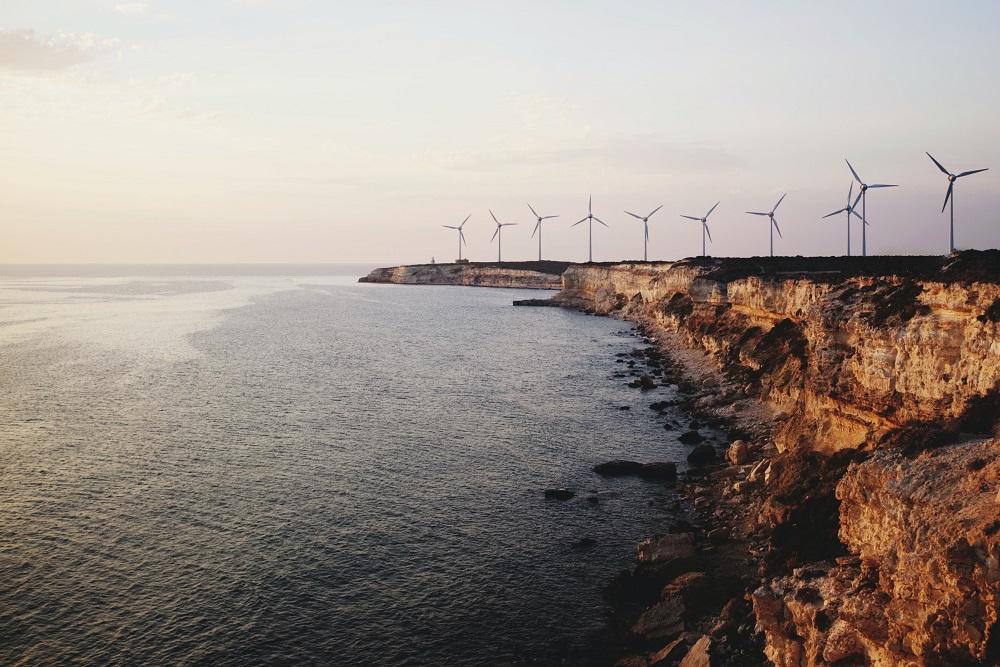The European Commission (EC) has announced the recipients of a 65 million euro investment aimed at supporting 17 small-scale innovative clean tech projects.
Under the EU Innovation Fund, small businesses from the renewable energy and energy storage industries can use these funds to present novel, cutting-edge ideas to help Europe accelerate the path to a green energy future.
The funds will cover a wide scope of projects but mainly focus on manufacturing parts used in the clean energy industry, in addition to glass, ceramics, and construction materials.
“The selected projects are expected to avoid over 1.8 million tons of CO2 equivalent emissions within the first ten years of their operations, contributing to Europe’s decarbonization and clean energy transition,” the EC said in a press release.
The Innovation Fund will allocate 32.6 million euros for eight projects in energy-intensive industries – five in Italy (glass, ceramics, construction materials, iron and steel, and chemical sector); two in Spain (refinery sector, and cement and lime); and one in Croatia (hydrogen).
For energy storage, the Fund will set aside 8.4 million euros to cover one multi-energy smart grid project in France, and one project for thermal energy storage in Denmark.
For renewable energy, the Fund will dedicate 24.4 million euros involving three projects on manufacturing of components for renewables production in France, Hungary, and Latvia; two solar energy projects in Greece and France; and two projects on the use of renewable energy for the maritime and flexo printing industry – one in the Netherlands and a second one in multiple locations: Sweden, Finland, and Norway.
The move comes after Europe was reported to be significantly behind other countries in the race for energy transition.
The European Union is expected to pass legislation setting targets for EU-based clean tech companies to make at least 40% of the EU’s annual deployment needs of solar, wind, and other net-zero technologies by 2030, Reuters reports.














